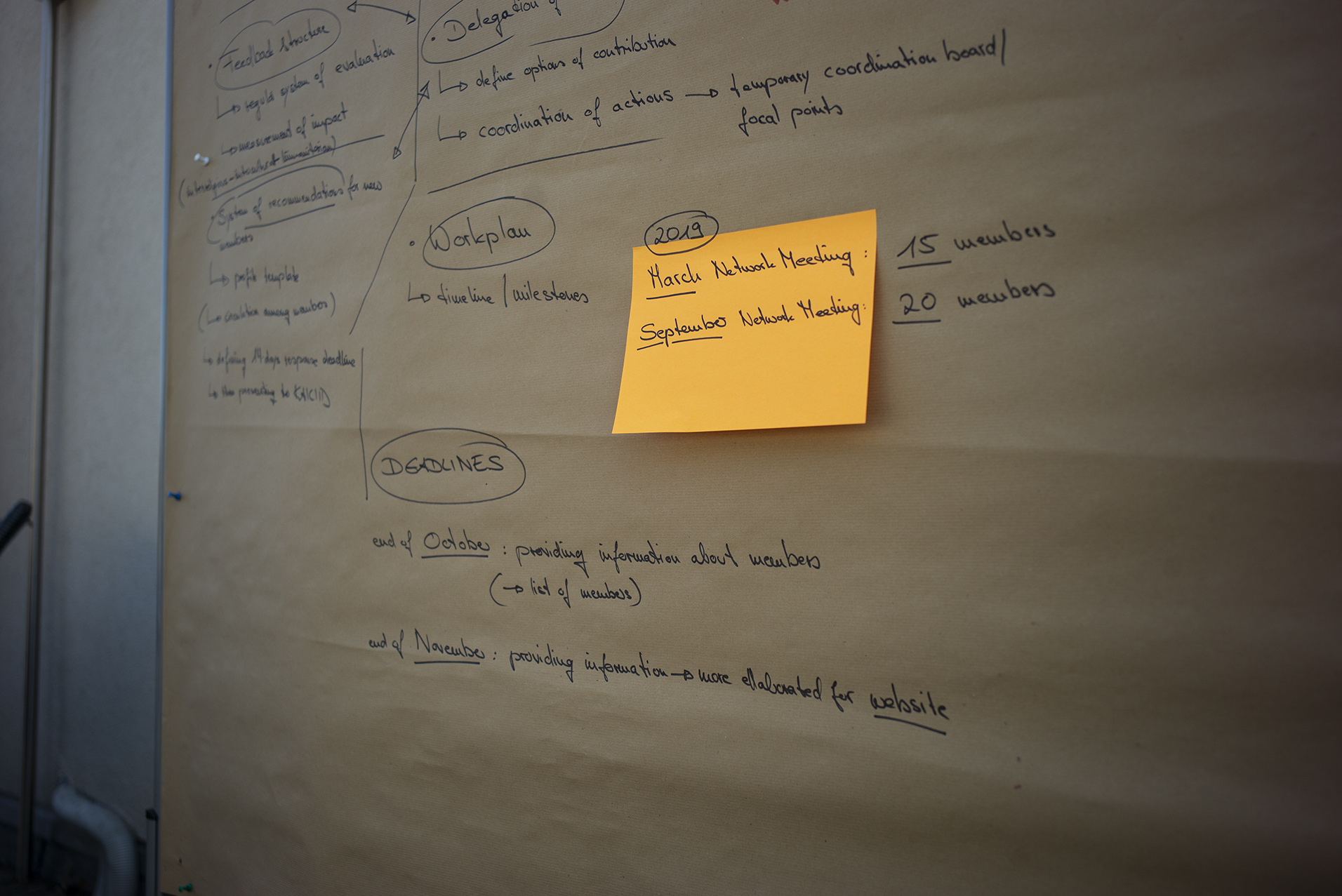Contributions of Religious Actors and IRD to the Integration Process

Positive contributions of religion and interreligious dialogue to the integration process
- All religions share the values of helping those in need and welcoming strangers, so religious communities are often among the first responders during crises and conflict.
- Faith-based organizations can mobilize quickly when providing humanitarian assistance because they have less bureaucracy than other intuitions.
- Migration creates opportunity for dialogue.
- Integration necessitates learning about the host society’s and the newcomers’ religion, traditions and culture and therefore offers opportunities for building bridges through dialogue.
- For newly arrived, religious communities provide a support system.
- People of faith, even from different religions, often have common values and priorities that allow them to understand one other.
Challenges of interreligious dialogue in the integration process
- Interreligious dialogue is sometimes perceived to be only for academics and religious leaders.
- Facilitating inclusive dialogue can be difficult because communities can be left out.
- Prejudices prevent people from engaging in and benefiting from dialogue. For example, newcomers’ lack of resources is often associated with poverty, which can discourage local communities from engaging with them.
- To be successful, IRD has to be authentic, deep and accompanied by critical thinking. Not everyone is equally religious, or willing to engage in deep conversation.
- The political and social environment can influence or prevent dialogue.
- Both host communities and newcomers have to be open to the Other’s religious beliefs – integration efforts should not only focus on newcomers, but also on the host community.